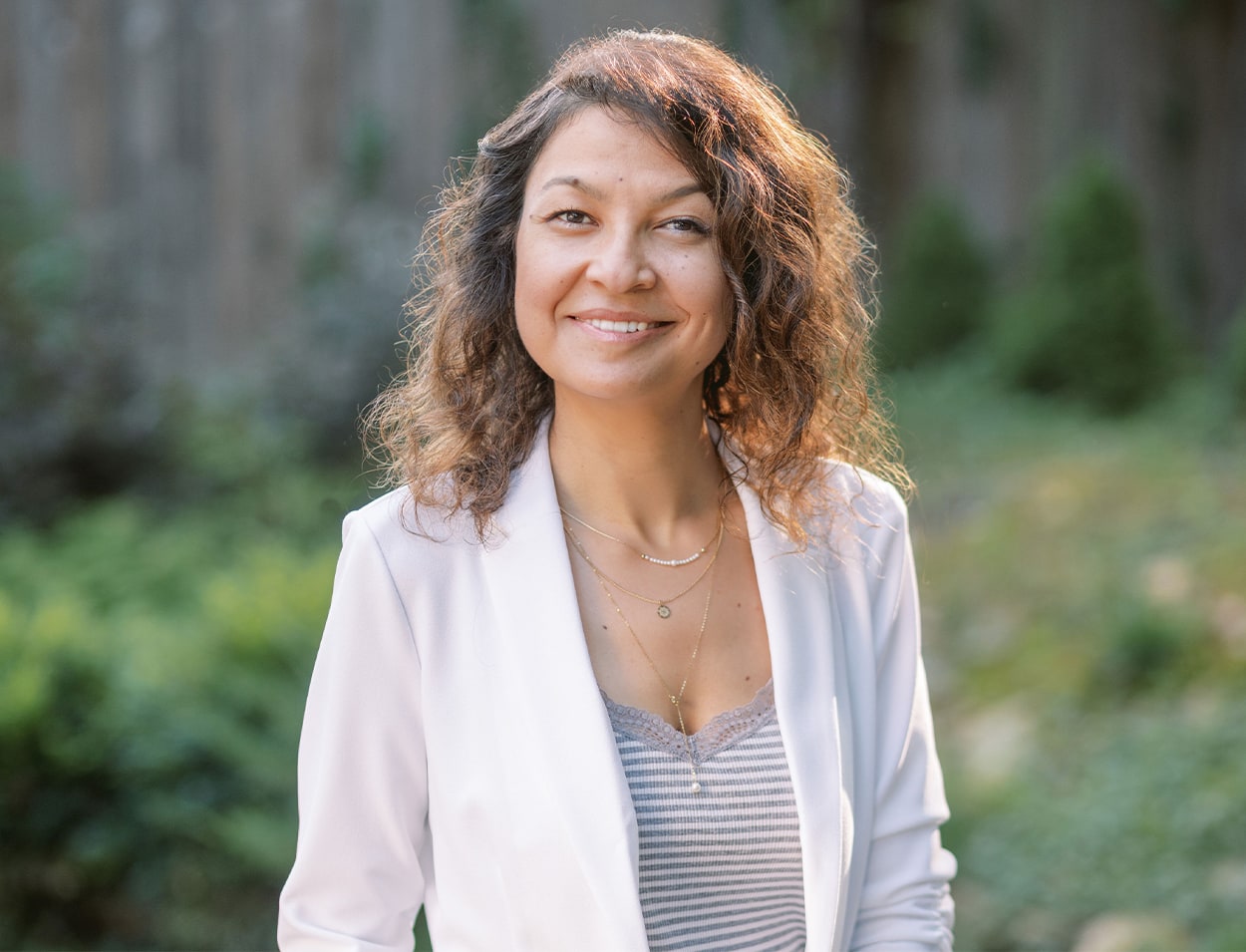A Conscious and Curious Generation
As we approach the one-year anniversary of the Covid- 19 pandemic lockdown, the number of couples seeking counseling has significantly increased. Among them, are Millennial couples in premarital counseling. Millennials, people born between 1981 and 1996 and now approaching ages 25 to 40, also known as Gen Y, are extremely conscious and curious about what they want in a relationship. They are eager to glean insights, individually and as a couple. Millennials are more strategic about love and couplehood. Most importantly, they understand that marriage requires active participation to start right, stay connected, and stay married.
More Marriage, Less Divorce
Millennials courageously and willingly pursue premarital counseling to address concerns at an early stage of their relationship. They fear going through the same pain that their parents went through. Thanks to social media, there is an abundance of informative resources to educate and normalize marriage and relationship challenges. Many Millennials are comfortable living their lives more publicly and unafraid to be stigmatized, unlike past generations. This means a huge cultural and generational shift around the future of mastering marriages and lowering divorce rates.
The Impact of the Covid
Another reason couples want premarital counseling is because of the pandemic. Many couples moved in together and adjusted to life together during the pandemic. This was especially challenging to relationships. Access to the convenience of online, HIPAA compliant counseling sessions meant help was available almost anywhere in the world–yet another factor for Millennials choosing premarital counseling.
Staying Married
For the past thirty or forty years, psychologists, social scientists, and researchers have been studying how marriages work and have mapped out the ingredients of healthy life-long loving marriages and relationships. According to scientific studies, it is clear that every couple says “I do” for better or worse when they get married, but many couples end up finding themselves stuck in painful, miserable fights and blame games when things get challenging. When this happens, they end up in divorce courts, often after years of bitterness, woundedness, rupture, and dysfunction, mirroring their parents’ experiences.
Communicate to Connect
In addition, researchers and clinicians clearly support establishing intentional communication skills such as dialogue and sharing appreciations regularly as the recipe for healthy and loving marriages. This is easily accomplished while couples are in the early romantic stage of their relationship. When they are physiologically calm, connected, playful, alive, and nice to each other, they are able to make quick repairs even if they are stressed or in conflict with each other. By regularly practicing connection and communication skills, they feel safer and more comfortable with each other’s reactivity.
Why is it so hard?
You may ask, “why is it so hard for couples to deal with their own mess?” Harville Hendrix, a co-founder of Imago Relationship Therapy, postulates that the primary goal of committed, intimate relationships is healing and growth. In his words, “The romantic phase of love is supposed to end. Relationships are not born of love, but of need: real love is born in relationships.”
Power Struggles are opportunities
To allow real love to be born in relationships, couples naturally go through the power struggle phase, where they are reactively unkind, critical, and mobilized in fight and flight mode. They may feel hurt, betrayed, abandoned, or suffocated. When these feelings arise they may think they are with the wrong person.
In the power struggle stage, it is incredibly challenging for couples to share appreciations, focus on positives, and repair the rupture when their survival drive is triggered. It is likely they have not practiced enough intentionality to override reactivity and are unable to invite curiosity. Couples often do not know how to practice this with their partner. Their best knowledge, intentions, and skills have been learned from parents, relatives, cultures, and religions which served them very well enough in the past. Unfortunately those learned and adapted responses are not serving them well in their current lives and adult relationships.
Planning for the Future
Addressing how we choose to be in relationships, early on, challenges partners to learn new skills. This is absolutely the best decision any couple can make as an investment in their future together. It is an excellent retirement plan. The earlier couples start saving money towards their retirement, the earlier they can retire and enjoy their life as they wish. When couples invest early in learning relational skills, they prepare themselves for inevitable bumps in their marriage. It is like money in the bank, there for you when you need it. By doing this they continue to build empathetic connection, healing, and growth. There is no better gift they can pass down to their children and future generations.
Relationship workshops for couples:
Getting the Love You Want: A weekend workshop for couples
Start Right, Stay Connected: premarital workshop
Keeping the Love You Find: w relational workshop for individuals

